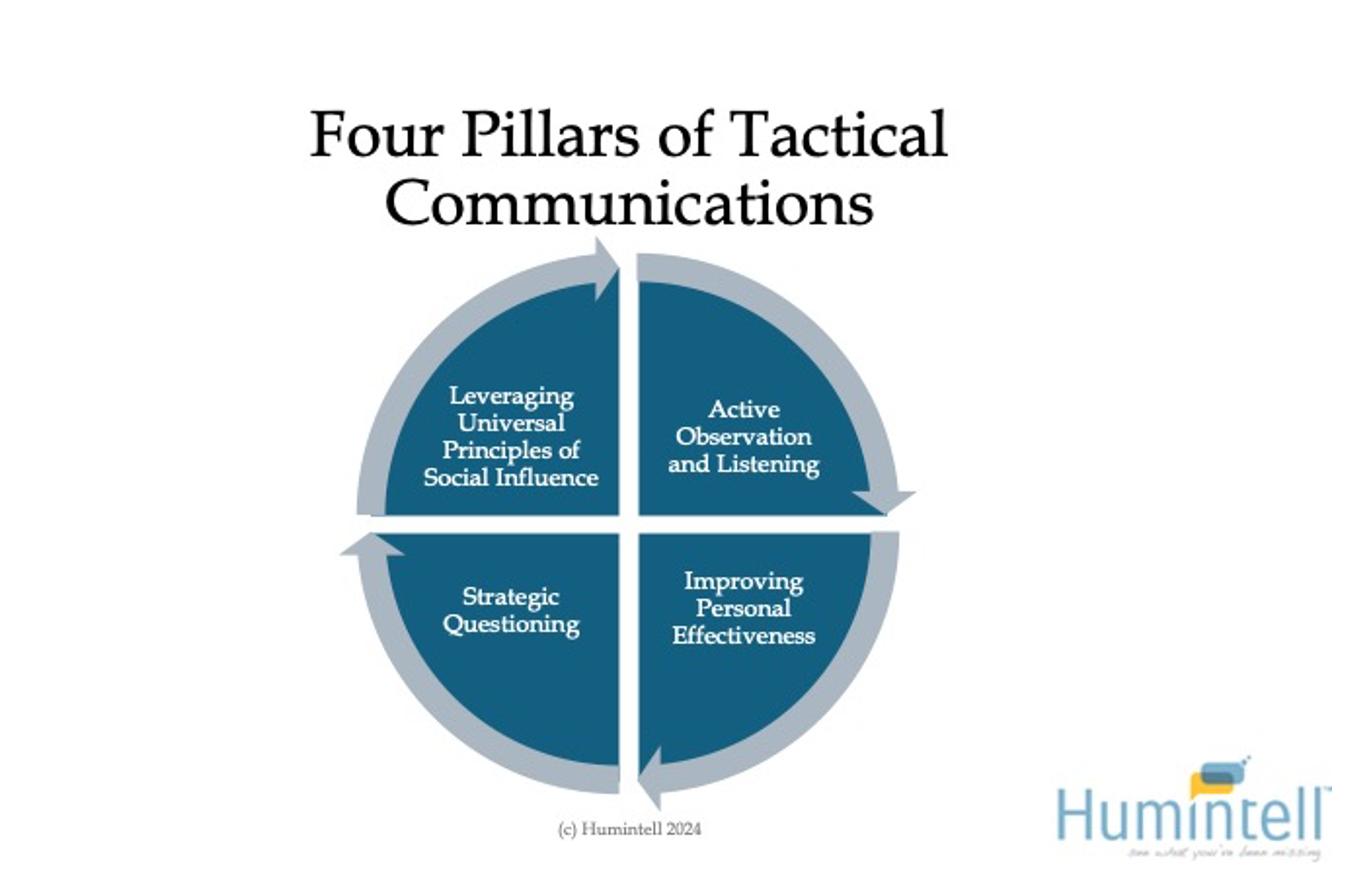Humintell Director David Matsumoto recently appeared on the VA C20 podcast as a subject matter expert on facial expressions of emotion and nonverbal behavior.
C20 is a live interactive webinar hosted by Dr. Chad Kessler, Executive Director of Emergency Medicine for Veterans Affairs (VA).
The podcast was originally launched in April 2020 to provide up-to-the-minute COVID-19 news and resources quickly and efficiently to clinical employees across VHA. Today, C20 covers a variety of public health and medical topics and is available to all at VA.
It is designed to be a quick discussion where guests concisely present engaging and informative content to an audience of busy VA providers, clinicians, VA employees and Veterans.
What makes a good interaction between a physician or clinician and their patient?
 Dr. Kessler and Dr. Matsumoto started by discussing physician or clinician body language as it relates to patient perception of their care.
Dr. Kessler and Dr. Matsumoto started by discussing physician or clinician body language as it relates to patient perception of their care.
Dr. Matsumoto believes it starts with the patient’s perceptions of how much the caregiver is interested in them.
We’ve all heard the term “active listening” but what concretely does this mean?
Spending a minute to sit down and make eye contact and ask someone how they’re doing can make a huge difference in perceived interest.
Dr. Matsumoto emphasizes there is a lot of nonverbal behavior that is centered around the concept of active listening and the “active” part of that term does not involve listening. It’s the engagement of our bodies with the individual.
Examples of engagement can include:
- Sitting (getting down to the patient’s level)
- Looking someone in the eye (pay attention to me)
- Asking simple questions (like “how are you doing”)
In fact, there is research that shows those kinds of perceptions are related to many different things in the healthcare system such as treatment regime adherence, decreases in lawsuits, better assessments, etc.
Dr. Matsumoto emphasizes that feeling seen or heard is essential to getting any interaction off to a good start.
One Mistake To Avoid When Building Rapport
 What’s one mistake you can avoid to build rapport in interactions?
What’s one mistake you can avoid to build rapport in interactions?
Dr. Matsumoto speaks about the concept of “mirroring” which he describes as a double edged sword.
Studies have shown that when people organically start to mirror themselves, they have better rapport in interactions.
However, if a person perceives that the other individual is simulating their postures, this may have the opposite effect.
Dr. Matsumoto suggests not to try and mirror the other person’s body language. Just be genuine in the interaction; listen normally, naturally, and empathetically.
When you do so, one’s body will start to engage appropriately to the interaction.
What does building trust actually mean in an interaction?
Building trust means allowing a person to be vulnerable and that person knowing they won’t be judged, criticized or attacked.
Building trust starts with non-judgmental listening.
An important reminder before engaging in an important conversation may including taking a breath or two to calm your body and mind.
Dealing with Cultural Differences in Medicine
 Doctors see patients from all walks of life. How do cultural differences fit into the connection and interaction?
Doctors see patients from all walks of life. How do cultural differences fit into the connection and interaction?
Cultural differences are big in nonverbal behavior but one thing that is consistent across all people of all cultures are facial expressions of emotion.
We’re all generally pretty good at reading facial expressions in others since we learn how to do so in our every day lives.
With regard to other things like orientation, body posture, orientation and especially gaze and visual attention, there are differences.
In fact, people of other cultures may perceive healthcare workers as higher status and may avoid direct eye contact because of this fact.
While the cultural differences do exist in some behavior, they can be mitigated a lot by interest and engagement behaviors.
These interest and engagement behaviors are all the same across cultures:
- Paying attention
- Direct eye contact
- Speaking nicely and empathetically
- Using our own body postures and orientation
These behaviors will go a long way in mitigating cultural differences.
To listen to the entire episode, visit this page!
The post How Doctors Can Communicate Beyond Words to Patients first appeared on Humintell | Master the Art of Reading Body Language.

 In reciprocity, for instance, when we receive something, we have the feeling of obligation to give something back, and not giving something back makes this feeling worse.
In reciprocity, for instance, when we receive something, we have the feeling of obligation to give something back, and not giving something back makes this feeling worse.

 New research presented at the
New research presented at the  During pregnancy and the postpartum period, rising hormone levels create a “psychoneuroendocrinological window of vulnerability” for mental health.
During pregnancy and the postpartum period, rising hormone levels create a “psychoneuroendocrinological window of vulnerability” for mental health. The research presented included 47 women — 15 pregnant women and 32 non-pregnant controls.
The research presented included 47 women — 15 pregnant women and 32 non-pregnant controls.